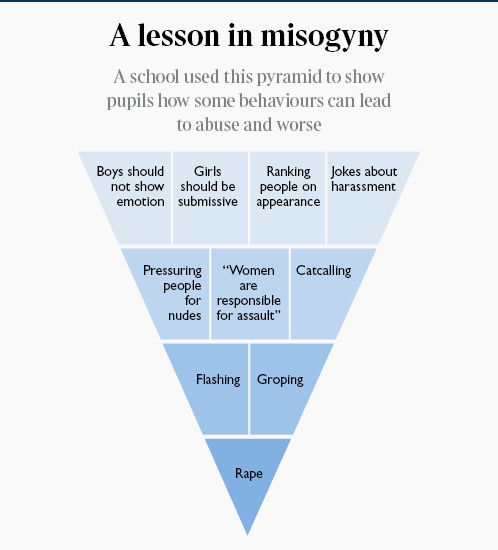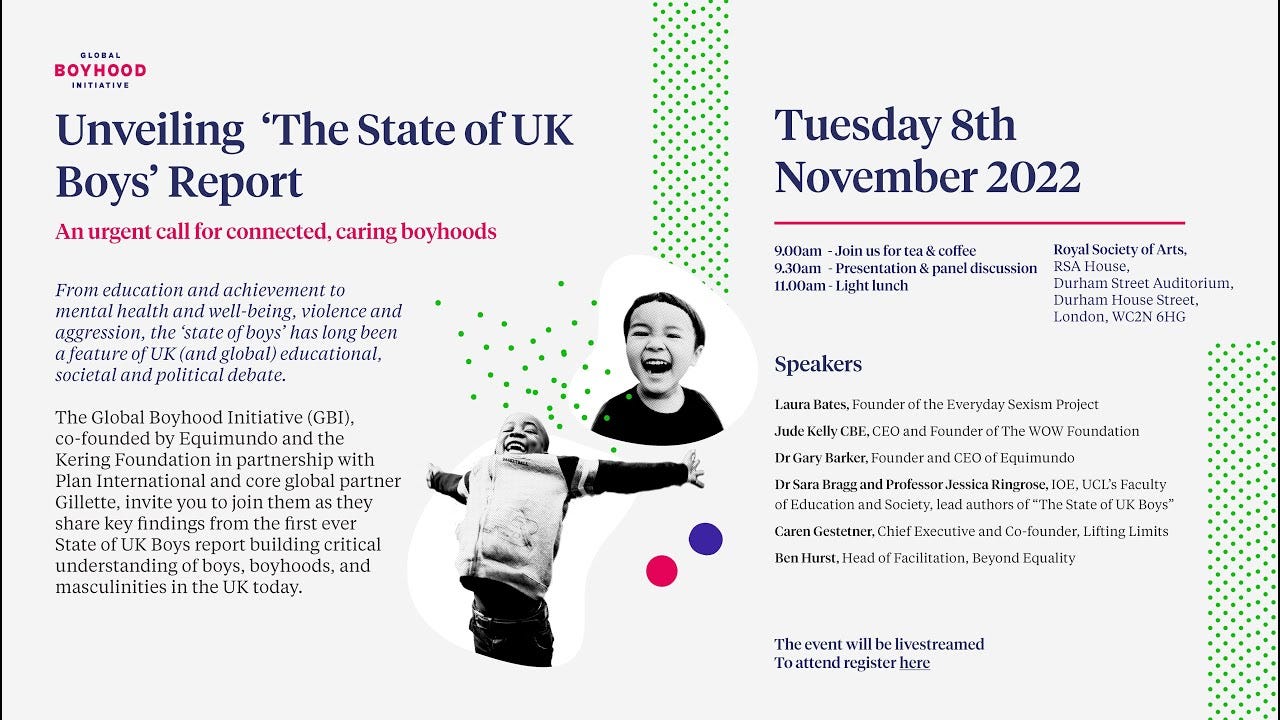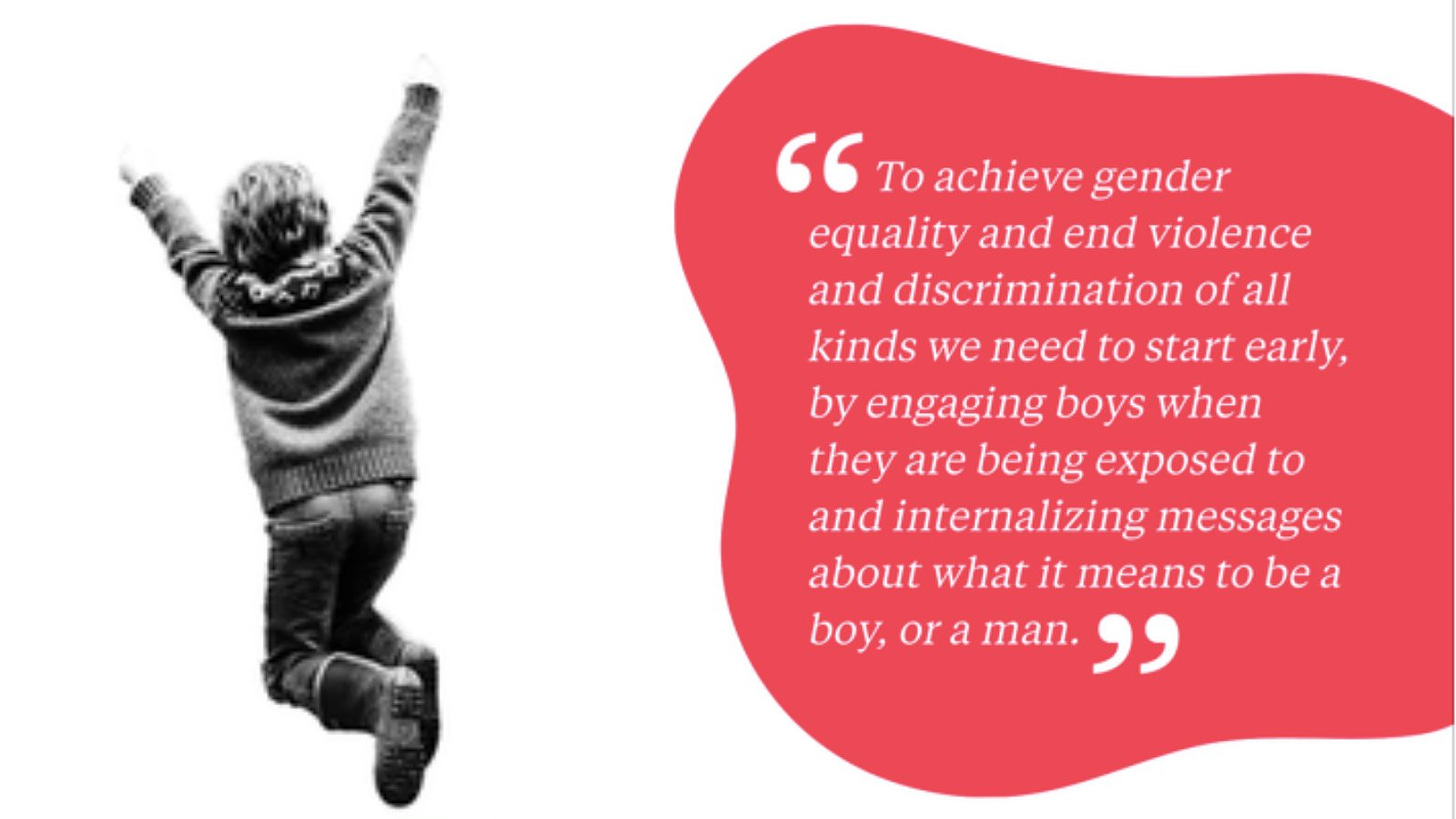Andrew Tate’s Career as the Baddest Boy on the Internet Might Be Over
But young men’s longing for non-feminist masculinity will not easily be quashed
Until a few weeks ago, I’d never heard of Andrew Tate, and I’m betting that is the case for the vast majority of those now tut-tutting about his toxic masculinity.
Tate is a male-power expert, a former professional kickboxer, a wildly successful entrepreneur, an online masculinity coach, and a multi-millionaire who until recently ran a webcam-model business. As an advocate for male self-worth and escape from “the Matrix,” he has enormous swagger that has incited equal parts disgust and admiration for his (sometimes rebarbative) statements about what men are and do.
He is known for encouraging young men and boys to work on themselves physically and mentally to combat weakness and passivity. While promoting the goods of male pride, family stability, anti-feminism, entrepreneurialism, self-reliance, and the overcoming of pain, he also at times promotes male promiscuity and a ruthless, winner-take-all amorality. Love him or hate him, it’s hard to deny that he has his finger on the pulse of our time.
A flavor of his appeal can be gleaned from Tate’s recent video-response to the insufferable Greta Thunberg, stunted child-queen of climate doom. Showcasing the insouciance and high-spirited braggadocio that delight his fans, Tate laughed at Thunberg’s campaign to convince us all to “beg your government to tax you into poverty to stop the sun from being hot” and trolled the activist “with her little hate-filled face” “sitting somewhere without the heating on.” It was not to everyone’s taste, but I found it pure gold.
Recently, Tate, a British citizen, was arrested in Romania, where he has been living for the last five years, on charges of rape, sex trafficking, and organized crime. His arrest has spawned a flurry of articles about what teachers in the UK should be doing to counter Tate’s messages and to steer boys back onto the straight and narrow path of feminist-compliant masculinity. We learn in one article that “Schools across the UK are encountering increasing numbers of pupils who admire Tate—and so teachers are having to work out how to respond.” We never do learn how many pupils “admire” him, or why—but no one in the article questions that teachers must "respond."
What has Tate got to do with UK education, except perhaps as a telling symbol of its unintended consequences? Why not just model and enforce ideals such as courtesy, self-restraint, and hard work, while upholding high academic standards? The article demonstrates how deeply committed schools have become to ideological programming. Some schools have drawn up “entire lessons focused on Tate” (!!!) while others deal more generally with “misogyny and gender stereotypes.” Whatever the particulars, the general message is unvarying: “We’ve all got to work collaboratively and collectively to support young men to reframe masculinity—away from this toxic ideology that’s presented by the likes of Tate.”
No one who’s been following the feminist narrative over the past decade or two will be surprised by the dogmatic reference to “toxic ideology,” now standard in any discussion of “reframing” boyhood. There is just one problem for the concerned teachers: Tate is five steps ahead of them, having already made clear to his millions of followers why injunctions about “reframing masculinity” are just code for the continual marginalization that most boys naturally want nothing to do with. The moment Tate and his allies expressed their scorn for the project, it lost its power overs the millions of boys forced to sit in feminist classrooms across the UK. Tate confirmed what boys intuitively knew: having their masculinity “reframed” will prevent them from pursuing masculine dreams, from being proud of themselves as male, admired by their male peers, and able to attract the interest of pretty girls. Teachers can keep on telling boys that peer approval through masculine moxy isn’t important, but that won’t make it true.
The point is not whether Tate’s (“I’ve got 33 cars”) program is an unalloyedly good one; the point is that it is manifestly better than the recipe for self-loathing and irrelevance being offered by the schools. The school’s program is the same that has been tried for years without any enthusiastic uptake because it offers nothing affirmatively male for young men to be and do (see especially White Ribbon UK, which has been trying for years to turn boys into handmaidens of feminism). All the normal things that centuries of boys in every major civilization on earth have cared about—competitiveness, status, toughness, mastery, knowledge, self-reliance, stoicism, high-jinks, displays of ability, and male bonding—are now frowned upon and must be replaced by feminine traits like empathy, egalitarianism, conformity, verbal display, and tone-policing. It doesn’t take a gender studies specialist to see that the life being offered these boys is one of deference, self-suppression, and self-contempt. No boy should want that.
In case you doubt my characterization, take a look at the Global Boyhood Initiative’s report on The State of UK Boys: Understanding and Transforming Gender in the Lives of UK Boys, published in 2022. The report was written for “teachers, youth workers, early-years practitioners and other professionals” to achieve “gender equity and social justice.”
Incidentally, the report includes a section attacking an alleged “overemphasis” on research showing boys and men as victims of intimate partner violence by women. While the report enthusiastically promotes the end of “gender” through transgenderism and social constructivism, it emphatically does not support the end of gendered norms about which sex is violent. On this front, the report laments that “even young boys” now believe that male persons can be victimized by female persons, citing the case of Johnny Depp’s abuse by Amber Heard. Nothing could more clearly signal the report authors’ chagrined awareness of the difficulty of controlling boys’ thoughts in the internet age.
The rest of the report explores pathways to weaken masculinity. On a number of occasions, it takes aim at “simplistic notions that boys require male ‘role models’” because such notions “frame women as inadequate to parent and teach boys.” Taking for granted that “gender is not tied to sex organs, hormones, or biological traits” (one wonders, then, why trans persons elect to take hormones and to change their sex organs), the emphasis throughout the report is on “realigning” masculinity to highlight gender fluidity, transgenderism, and inclusion of girls. The document has absolutely nothing good to say about masculinity, which it describes, variously, as “a seductive form of power,” “hegemonic,” and “oppressive.” It even uses the derogatory term “boysplaining” to stigmatize boys’ alleged way of talking.
Even such seemingly benign behaviors as “laughter, banter, and entertaining one another” are said to be “laddish” and linked to the exclusion of women and homosexuals. Taking pleasure in being good at sport is also given a negative valence by being associated with bullying.
As in all such feminist propaganda, the report seeks the evacuation of all positive content from masculinity. “Realigned” boys are to anchor their sense of self mainly in not being what boys have always been. They are to shun the allegedly "hegemonic” characteristics of “physical, sexual, and mental prowess; being action-oriented; ‘knowing’; having autonomy […]; and being emotionally tough.” It is surely no coincidence that modern boys and young men have fallen well behind their female peers in educational attainment, economic status, and performance on the job market. “Prowess” is out, knowing is out, being active is out, toughness is out. No wonder so many boys feel lost, disaffected, and resentful, and no wonder some see Andrew Tate as a hero.
In the news article about UK schools, one of the teachers who is especially exercised about Tate mentioned that one of her pupils said that he and his friends would still admire Tate even if he were to be found guilty of his alleged crimes. “Miss, if somebody in your family commits a crime, you still love them.” What could more clearly indicate the boys’ search for a hero of the type the school doesn’t provide? But rather than explore the source of the boys’ admiration, Ms. Carson badgered the boy about the unacceptability of his statement until he “eventually backtracked.” Well played, Ms. Carson.
What are schools offering in Tate’s stead? One of the teachers enthused about the “many absolutely incredible men who are incredible role models to young people.” But she could come up with only one name: “Marcus Rashford, who is successful, who’s healthy, who has got incredible levels of empathy and understanding.” Rashford, a professional footballer for Manchester United, may fit the bill of a masculine role model (I know nothing against him), but it’s hard to believe that “empathy and understanding” are the main characteristics that boys will wish to emulate. If schools and the culture at large are unwilling to accept and promote a plethora of male heroes who are impressive as men in their prowess, toughness, and mastery, bad boys like Andrew Tate will step in to meet the need.
Some years ago, the UK was in an uproar about meet-ups planned by pick-up artist and masculinity guru Roosh V, with thousands of panicked ninnies signing a petition to have him banned from the UK. Last year, as the Boyhood Initiative report indicates, it was movie star and guitarist Johnny Depp who had the moral arbiters a-quiver. Boys will keep on looking for satisfying icons of non-feminist masculinity, and perhaps the teachers should ask some probing questions about why boys aren’t buying the prissy pap they’re pushing.










"Boys will keep on looking for satisfying icons of non-feminist masculinity, and perhaps the teachers should ask some probing questions about why boys aren’t buying the prissy pap they’re pushing." Brilliant comment, Janice. Such an important article.
I went to an all boys school in the 1980s and it seems a world away from what's being descibed here. There was around 450 pupils, so it wasn't a huge school. The number of fights between 2 boys per year you could count on one hand. I didn't enjoy school, but the things I can remember most is the anarchic, irreverent, creative humour. Some of it was genius. A lot of it was completely pointless and it was just done for the sake of fun.
One example I can still remember after all these years. We studied Seamus Heaney in English. The cover of the text book was a black and white photo of the poet standing on a deserted beach wearing a parka anorak. The previous owner of my copy from the year before had, using just a bottle of indian ink, bleach and a paintbrush, painstakingly removed Heaney's head, painted in the hood of the parka and the clouds leaving a headless figure on the beach. It was done with photorealistic pefection. He had also reworked the title - adding upstrokes to 'a's, matching the typeface - again perfectly - so the poet was renamed Sedmus Hedney. It must have taken an entire weekend. But why? Just because he could and it resulted in a small work of brilliance. That's only one example. When superglue was invented - boy, it was mayhem. Some jokes were cruel, but the majority were harmless. Some were hilarious. And I think that the teachers admired all of this in the boys and respected their brains.
There was an all girls school nearby and, from their conversations, none of this carry-on happened. They shared friendships and jokes, but nowhere near at the same level.
I do believe there is a unique form of genius that happens for a few years in the lives of school boys. And it saddens me that it's being kicked to the curb. We are told if boys have a tendency to positive behaviours that we see less of in girls its because society sabotages girls to not behave like this. No positive behaviours are the product of masculinity. Only the negative ones.
What an an abusive, cruel thing to do to children.